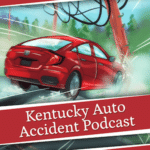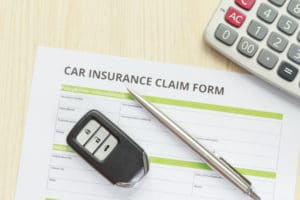Personal Injury and the Corona Virus
 As a personal injury lawyer, I did not expect to have to comment on the coronavirus. However, several phone calls I recently received have made a couple of points worth mentioning.
As a personal injury lawyer, I did not expect to have to comment on the coronavirus. However, several phone calls I recently received have made a couple of points worth mentioning.
1) I am still open and doing business. If you have a legal question about a car accident, I am still answering my cell phone and will continue to do so.
2) Many aspects of a personal injury claim can be handled electronically if that makes you more comfortable.
3) Yes, I am happy to come to you to meet with you or we can handle most of the initial sign up over the phone.
4) If a doctor’s office is closed because of the virus, we can find you another one where you can continue your treatment. I know of some doctors who will even come to you.
5) Most importantly, from what I am hearing about the virus, I expect the U.S. economy is going to suffer a downturn. Because of this downturn, there is a strong likelihood that more drivers will not have car insurance or will lower their liability coverage in an effort to save money. As a result, it is all the more important that you realize that the other driver may not have enough insurance coverage to pay the medical bills from your car wreck or any of your other out of pocket expenses.
6) As a result, the need to have at least $100,000 per person of uninsured and underinsured motorist coverage, on your own automobile insurance, is all the more important.




 For a moment, put aside the stereotypes you have about
For a moment, put aside the stereotypes you have about